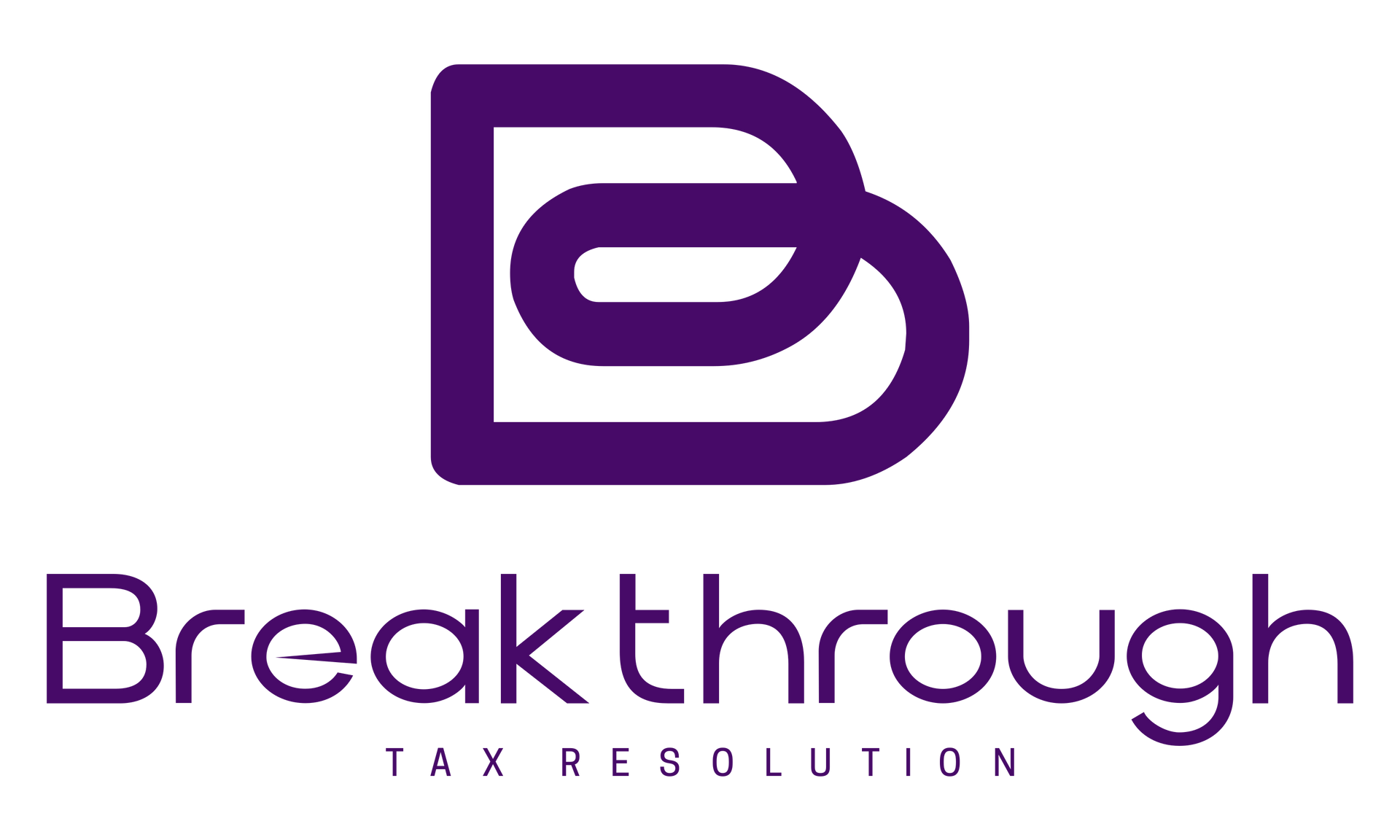The 10-Year Collection Statute – Why is it so Important
The 10-Year Collection Statute – Why is it so Important

In tax resolution cases, there are many strategies that come into play when formulating a plan to resolve a tax debt. From allowable expenses, to equity in assets, and many other items, effectively solving a tax problem for a taxpayer has many angles. One angle is using the “Collection Statute Expiration Date” or CSED to a taxpayer’s advantage. The CSED is important because the amount of time remaining on the collection statute helps determine which solution the practitioner should select.
What is the Collection Statute Expiration Date or CSED? Once the IRS assesses tax on a taxpayer, the IRS has by statute, 10 years from the date of assessment to collect the tax. In most cases, after 10 years the tax debt becomes unenforceable and the IRS writes-off the debt on the taxpayer’s account. This makes the CSED a very useful tool in planning a tax resolution case for a client.
If the tax liability is recent and the CSED is years away, then the client may want to look at submitting an Installment Agreement or Offer-in-Compromise to resolve the debt. However, if the CSED is closer and not much time remains on the collection statute, then it may make more sense to look at other alternatives such as being deemed Currently-not-Collectible and letting the collection statute run out.
However, letting the statute run out isn’t always the best option. For example, a client comes in with a tax debt of $95,000.00 of which $55,000.00 is only months away from running out the collection statute (the client has five different years of tax debt all with different CSEDs). At first glance, it appears that the best bet would be to let the collection statute run out and have the IRS write-off $55,000.00. That isn’t always the case. With a $95,000.00 tax debt the client qualified to file an Offer-in-Compromise with an offer of $8,000.00 – a savings of $87,000.00. However, if the CSED runs out on the $55,000.00 in debt then the total tax debt remaining would drop to $40,000.00. At this point the client no longer qualified to file an Offer-in-Compromise. The client had to file a streamlined Installment Agreement and pay the entire $40,000.00 in remaining tax to the IRS over time. While at first glance, letting the collection statute run its course seems like a prudent course of action, it actually resulted in the taxpayer paying $32,000.00 more because the $55,000.00 in tax debt was written-off.
That is why the Collection Statute Expiration Date is so important in any tax resolution case. Knowing how to effectively plan a response that incorporates the CSED is imperative to getting a taxpayer the best result possible. Resolving tax debts can be tricky but a tax professional with experience dealing with the IRS can help formulate the best path forward.
If you or anyone you know has a tax issue with the Internal Revenue Service or the Indiana Department of Revenue, please schedule a phone or in-person consultation today. Your tax issues won’t go away on their own, but with the help of an experienced Tax Resolution Specialist, you can put your tax problems behind you once and for all.
Patrick H. Wanzer, CPA, CTRS
pwanzer@edgewatercpa.com
317.218.4689
www.edgewatercpa.com


